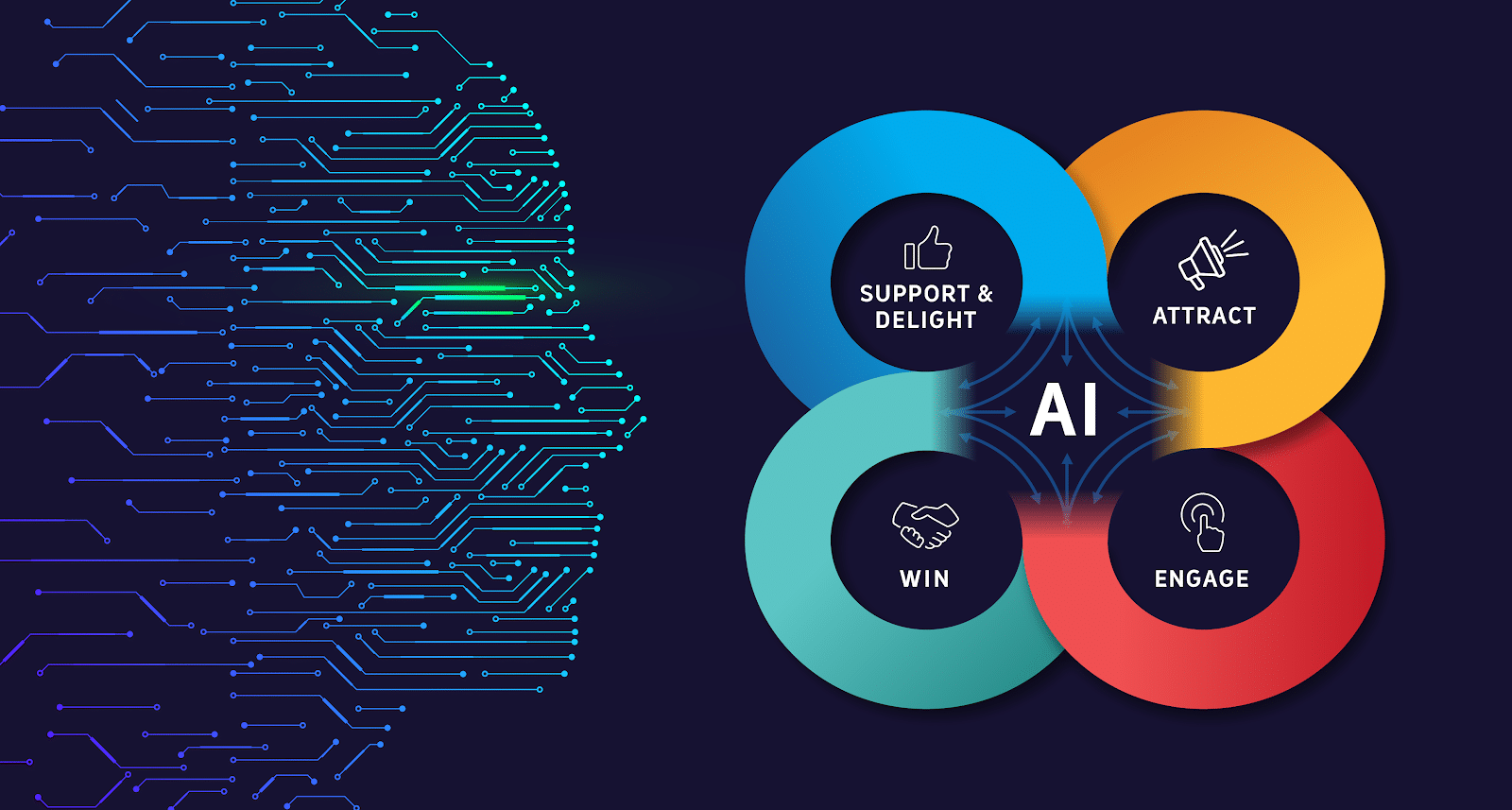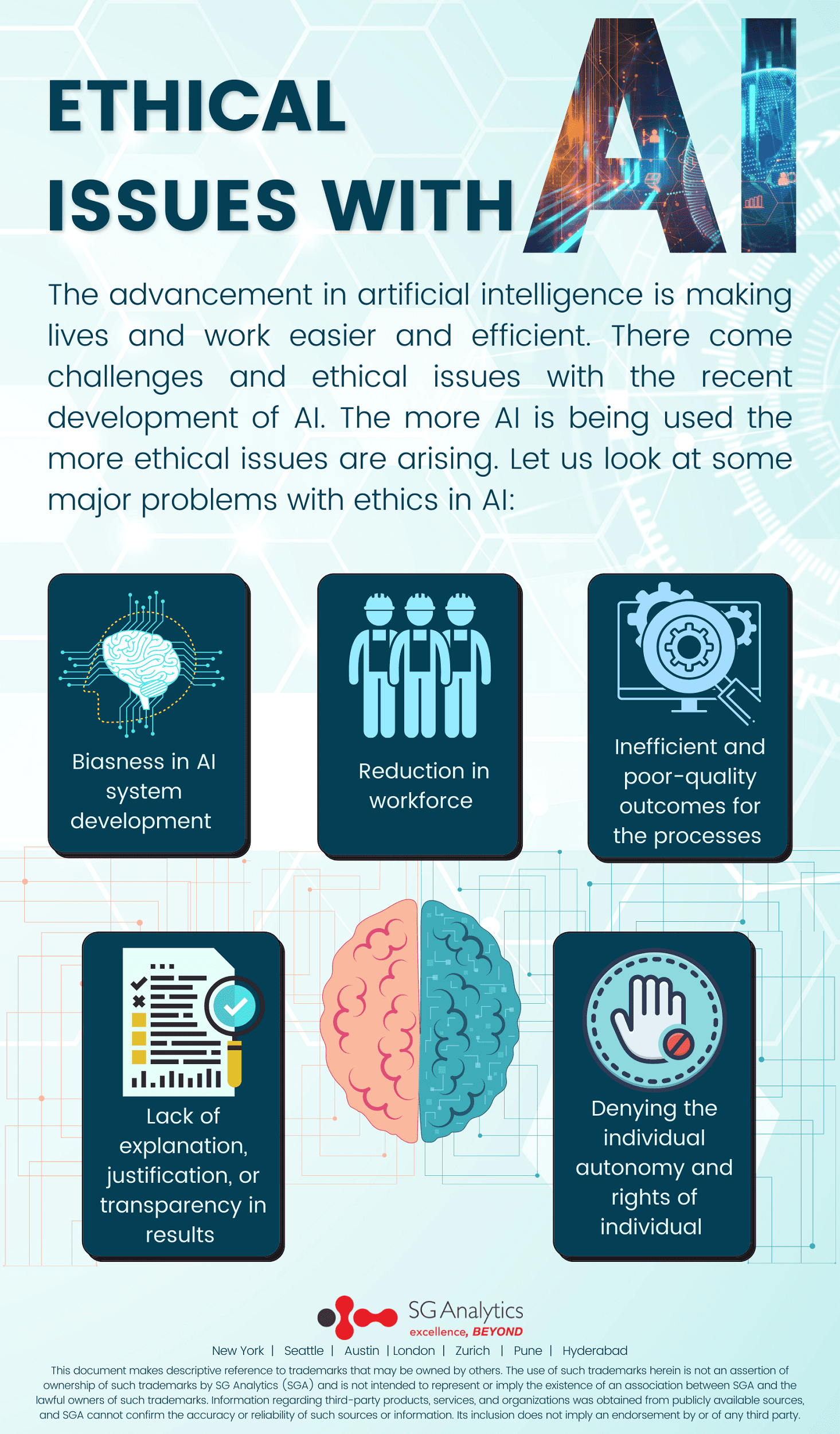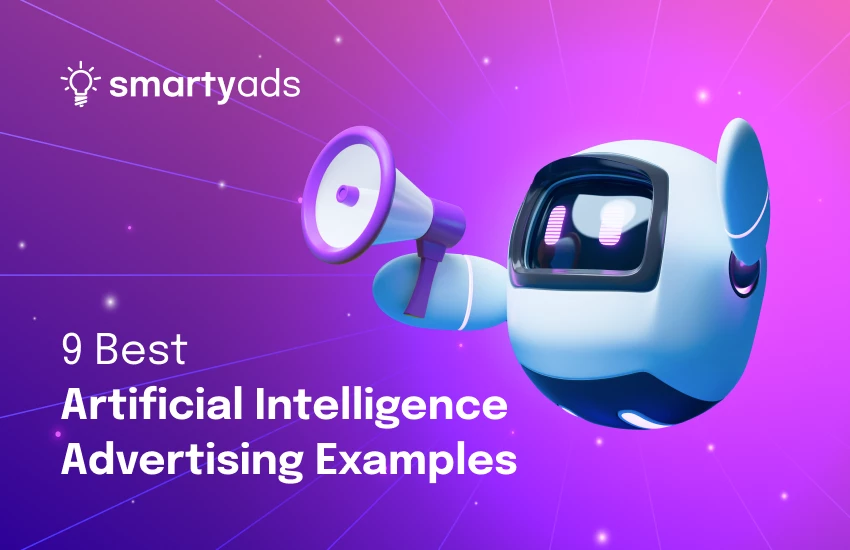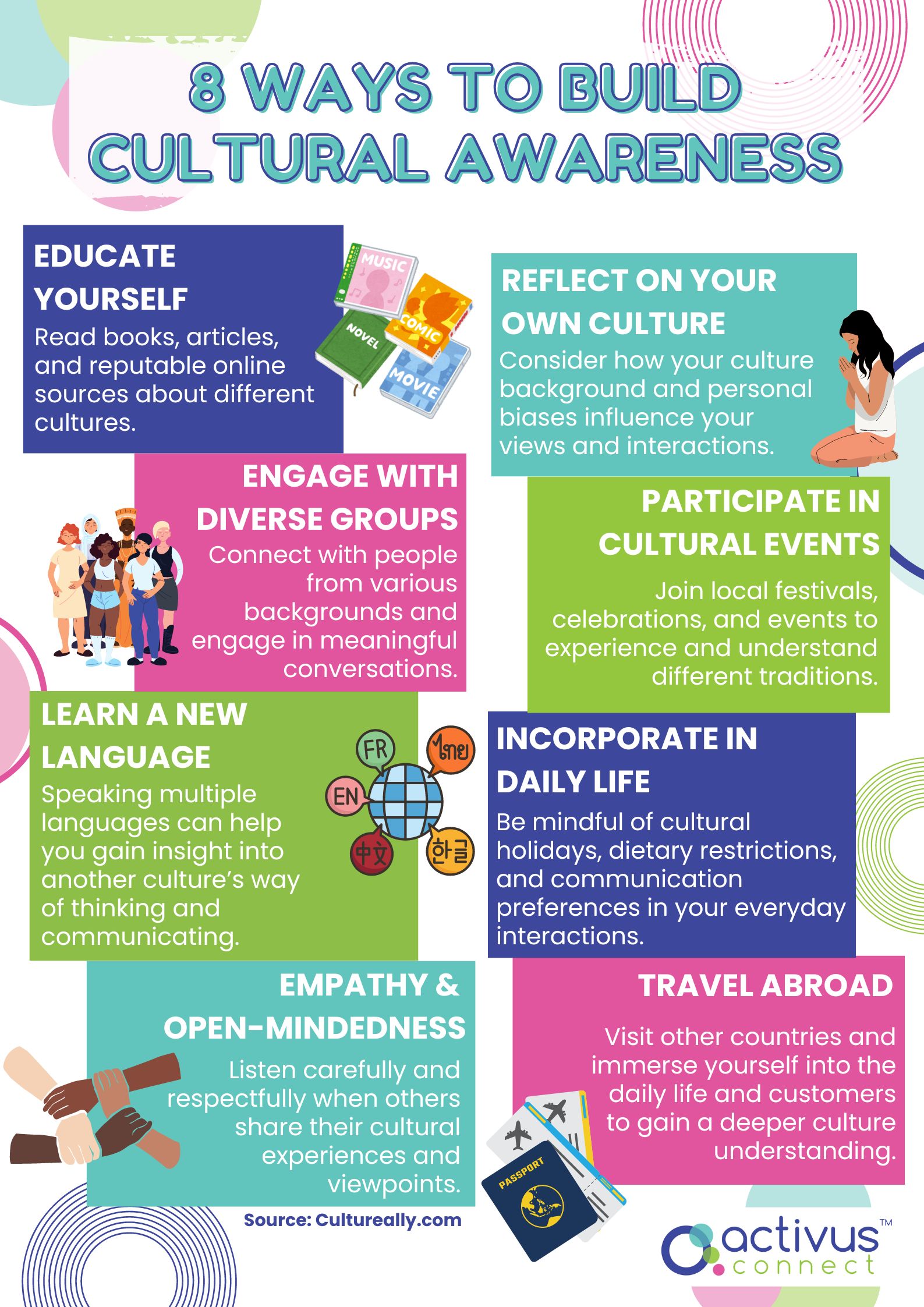In today’s diverse marketplace, global marketers face the challenge of effectively adapting their strategies to resonate with various cultural contexts. Cultural sensitivity is critical, as it not only enhances customer engagement but also builds lasting brand loyalty. By leveraging artificial intelligence (AI), marketers can navigate local customs, languages, and social norms while streamlining processes traditionally reliant on extensive human intervention. This guide explores how AI enhances cultural adaptation in marketing, focusing on tools and strategies that empower marketers to create regionally relevant content.
Why Cultural Sensitivity Matters in Global Marketing
Cultural sensitivity in marketing refers to the understanding and respect for the diverse backgrounds and values of target audiences. Failure to adapt marketing messages to different cultural contexts can result in serious repercussions, as illustrated by several case studies.
Marketing missteps can lead to branding failures, such as product names that translate poorly or advertisements that offend cultural sensibilities. Evidence shows that effective cultural adaptation can yield significant returns; according to a 2024 survey, 96% of marketers reported a positive return on investment (ROI) from localized efforts. Furthermore, 99% of marketers supplement AI-generated translations with human review, illustrating the necessity of a thoughtful approach to cross-cultural communication.
AI tools play a vital role in enhancing cultural sensitivity by analyzing consumer behaviors and preferences. By integrating AI into marketing strategies, brands can better tailor their messages, ensuring they resonate with local audiences while maintaining a larger brand identity.
An infographic detailing the importance of cultural sensitivity in marketing campaigns (Source: Activus)
Harnessing the Power of AI for Multilingual Marketing
AI tools are transforming multilingual marketing by simplifying the complexities involved in translation and localization. Key platforms such as DeepL, Google Translate, Smartling, and LARA by Translated lead the way, each offering unique advantages.
DeepL is renowned for its high-quality translation capabilities, employing advanced neural network technology. As of 2024, 77% of marketers reported using AI-powered writing tools, with 98% utilizing machine translation for multilingual marketing. Google Translate remains a well-known option for quick translations across numerous languages, while Smartling focuses on contextually relevant content localization.
These tools not only improve translation accuracy but also enhance the consistency of brand messaging across various languages. Regular use of AI in this area allows companies to be agile, adapting marketing content in real time to reflect local nuances and preferences.

A screenshot showcasing a user interface of an AI marketing tool, highlighting functionalities available for multilingual strategies (Source: Contentful)
Ensuring Consistency Across Global Brand Voices
Maintaining brand voice consistency across different languages and cultures is essential for effective global marketing. Brand voice encompasses the personality and tone conveyed by a brand, influencing audience perception. AI can streamline this process, but vigilance is required to ensure that the intended message remains intact across translations.
Different cultural contexts may necessitate adaptations in language, imagery, and tone. Coca-Cola and Starbucks have successfully utilized AI to achieve this consistency. Coca-Cola's AI-driven content platform tailors advertisements to local audiences, while Starbucks employs its Deep Brew AI engine to personalize communications based on regional preferences.
Combining AI-driven insights with human expertise is key to achieving consistency. High-quality translations, cultural consulting, and feedback from local experts can prevent misunderstandings and enhance brand loyalty among diverse consumer bases.

A visual guide comparing brand voice and tone, useful for understanding consistency across marketing materials globally (Source: Brandy Lane)
Streamlining SEO Tasks with AI Tools
Search engine optimization (SEO) is a critical component of digital marketing, particularly for businesses operating in multiple regions and languages. AI tools can streamline various SEO tasks, allowing marketers to optimize content for local searches effectively.
Regional SEO presents challenges including variations in search behavior, keyword preferences, and cultural trends. AI-powered tools such as those used by Motorola enable automatic optimization, managing meta tags and analyzing user engagement metrics efficiently.
Furthermore, AI can analyze data patterns to inform content strategies, facilitating increased discoverability and customer engagement. Projections indicate that nearly 5 billion consumers will reside in non-English-speaking regions by 2030, underscoring the need for effective regional SEO strategies.

A diagram outlining the process of AI-driven SEO tasks, detailing how AI improves workflow efficiency (Source: Outranking)
Integrating AI into Your Localization Strategy
In order to effectively adapt marketing strategies for different cultures, it is essential to incorporate AI into localization processes. Marketers should identify key areas where AI can enhance operations, such as translation, market analysis, and consumer insights.
Steps for developing a robust localization strategy include defining target markets, selecting suitable AI tools, and implementing a sample content adaptation process. For instance, Unilever’s custom OpenAI interface has successfully reduced response times in customer service.
Additionally, implementing LARA’s advanced capabilities has led to substantial reductions in translation error rates, enabling brands to continuously refine messaging. Leveraging AI not only enhances accuracy but also ensures that localized content aligns with customer expectations.

A comprehensive flowchart outlining steps for developing a localization strategy utilizing AI technologies (Source: ResearchGate)
Navigating Challenges of AI in Cultural Adaptation
While AI presents numerous advantages, its application in cultural adaptation comes with challenges. Issues such as bias in AI systems, a lack of emotional intelligence, and potential misinterpretation of cultural contexts must be addressed. Marketers should proactively recognize these challenges to optimize their strategies.
AI systems may struggle to accurately capture cultural subtleties due to limited training datasets, leading to potential misrepresentations in marketing messages. Surveys indicate that 77% of marketers encounter biases and challenges in AI implementations, highlighting the need for diverse training methodologies.
To combat these risks, marketers can establish cultural adaptation teams focused on collaboration with local experts. By integrating insights from human professionals with AI capabilities, brands can ensure that marketing content is both culturally relevant and effective.

An infographic illustrating the common challenges faced when using AI in marketing to diverse cultural audiences (Source: USM Systems)
Ethical Considerations in AI-Fueled Marketing
The integration of AI into marketing strategies introduces various ethical considerations, especially regarding data privacy, transparency, and cultural respect. Marketers must adopt ethical frameworks to navigate these challenges and maintain consumer trust.
Data privacy is critical, particularly when personalizing marketing content through AI. Transparency in AI usage is essential; marketers should clearly communicate when AI tools are applied in content creation or data analysis. Moreover, ensuring cultural respect is vital to prevent issues with appropriateness and alignment with local values.
Companies such as Netflix emphasize ethical AI practices by ensuring that human quality control accompanies AI-generated content, thus maintaining high standards of cultural sensitivity. Adhering to these considerations protects brands from backlash and fosters a positive image.

An infographic summarizing various ethical considerations marketers need to keep in mind when using AI technology (Source: SG Analytics)
Case Studies of Success in Cultural Adaptation Through AI
Real-world applications of AI in cultural adaptation showcase effective strategies employed by leading global brands. For example, Coca-Cola has successfully localized its marketing efforts across different regions, creating culturally relevant advertisements that resonate with diverse consumer bases.
Additionally, IKEA has tailored its product offerings based on local customs, while McDonald’s adjusts its menu selections to reflect regional culinary preferences—all informed by AI analysis. These cases demonstrate how AI-driven marketing strategies improve customer engagement and satisfaction.
By analyzing measurable outcomes, brands can continually refine their approaches based on consumer feedback and evolving market trends. Successful AI-powered campaigns exhibit a commitment to cultural sensitivity and local relevance.

A collage of successful marketing campaigns utilizing AI to effectively adapt to various markets (Source: SmartyAds)
Conclusion
The intersection of AI technology and cultural adaptation provides a valuable opportunity for global marketers to develop more effective, tailored strategies. By leveraging AI tools, brands enhance cultural sensitivity, streamline multilingual processes, and maintain brand voice consistency across diverse markets.
As marketers navigate the complexities of cultural differences, balancing AI automation with human expertise is essential. Through ongoing collaboration, real-time feedback, and adherence to ethical standards, global brands can forge meaningful connections with consumers worldwide. Embracing cultural adaptation powered by AI enables organizations to thrive in an increasingly diverse global landscape.

टिप्पणियाँ (0)
साइन इन करें चर्चा में भाग लेने के लिए या .